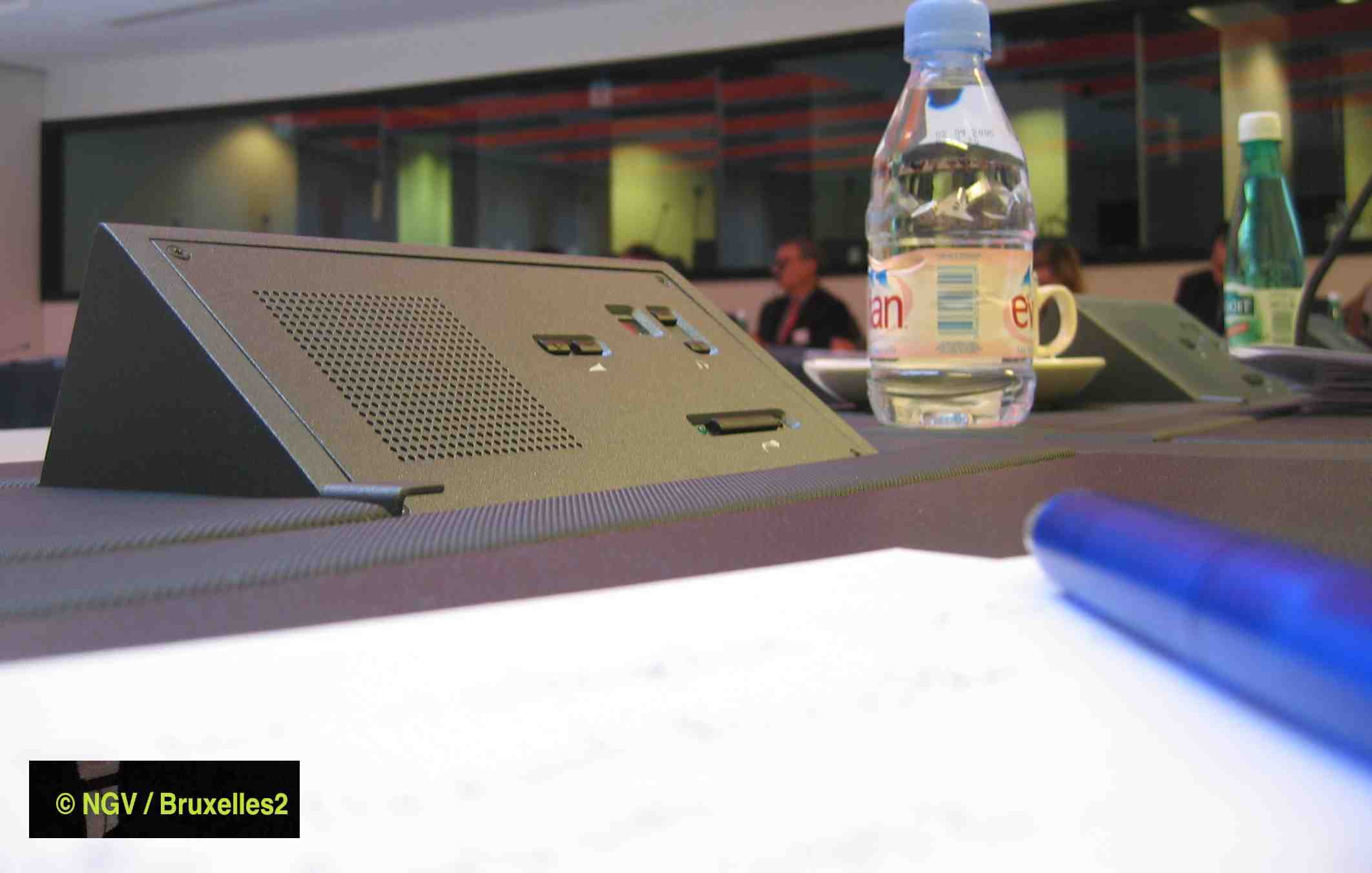The enlarged Europe: yes, but not immediately
(Archives) The 15-member European summit started at… 29 with the heads of state and government of the candidate countries for the Union
In Nice, as an inconsequential hors d'oeuvre, the Fifteen Heads of State and Government gathered under the leadership of Jacques Chirac and Lionel Jospin met their 13 counterparts from the candidate countries... and Switzerland (see box) . This "European conference", created a few years ago in Luxembourg to allow the candidate countries to be somewhat associated with European work, had one main objective: listen to each other ».
In December 1997, the European Union began accession negotiations with a "first wave" of countries - Poland, Hungary, the Slovak Republic, the Czech Republic, Estonia and Cyprus - then two years later with a " second wave", Latvia, Lithuania, Romania, Slovenia, Bulgaria and Malta. Official candidate status was granted to Turkey in December 1999, but the Union has decided not to enter into accession negotiations with this country until it has made significant political progress, in particular in respect for human and minority rights. In its recent report on enlargement, the European Commission nevertheless considers it possible to conclude accession negotiations in the course of 2002 with the most advanced candidates. It is on this question of date that some of the attention of the personalities gathered in Nice focused.
But being 29 around the table imposes a certain discipline. Each head of government therefore had a very short time to present his vision of Europe, five minutes each. " So tell us the main thing clarified Jacques Chirac. He was not disappointed, most of the candidate countries focused on a single subject: the enlargement of the European Union to the east must be rapid.
In the role of spokesperson for the candidate countries, Janos Martonyi, the Hungarian Foreign Minister, summed up this expectation. " We have undergone a huge and complex process of transformation; we paid a high social price“, he explained. “ Now is the time for Europe to recognize that we have succeeded, and the best way to do this is to speed up the accession negotiations ».
In turn, the Polish Prime Minister, Jerzy Buzek underlined this impatience by indicating that Poland, the most populous country of the candidates, with 39 million inhabitants " is ready to conclude the negotiations before the end of 2001 ". As for the Slovenian Prime Minister Janez Drnovsek, he pressed where it hurts by highlighting “ great responsibility of the Fifteen with regard to candidates who expect so much from the Nice summit. In this context " It is important that Nice gives a result”, otherwise “it would be a bad sign for the future of the Union ».
Pressed by so many precise questions, the Fifteen remained very vague. Enlargement is " political priority of the European Union, declared, hand on heart Thursday in Nice, the European leaders to candidates. France, in particular, judges that it would be "demagogy" to immediately promise a precise timetable to the candidate countries. In fact, enlarging Europe is urgent... but not immediately...
Nicolas Gros-Verheyde, in Nice
Published in France-Soir, December 2000
- Switzerland 14th candidate?
Among the countries present at the European conference was... Switzerland. Not entirely a surprise for regulars of European summits since the sweet country of the Helvetians is regularly present at the European conference. Moreover, the country is still a candidate for membership. At least formally. Because his candidacy for Europe, filed in 1992, is now frozen because of popular opposition. This did not prevent Adolf Ogi, the President of the Federal Council, the body of the Swiss government, from recounting to his 28 European colleagues " the Swiss model [which] has proven itself ". Not without mischief, he thus explained that " with four languages, four cultures, 26 cantons, Switzerland has lived in peace for more than 150 years ". All this thanks to federalism, direct democracy, respect for minorities and subsidiarity ". In Switzerland, he added, “ the balance of the institutions must be ensured. This is the goal of the double majority, that of the people and those of the cantons ". So Switzerland a solution for Europe? Adolf Ogi is wary of such a conclusion. But he does not exclude during the next legislature to reactivate negotiations with the European Union... With a view to membership ».

